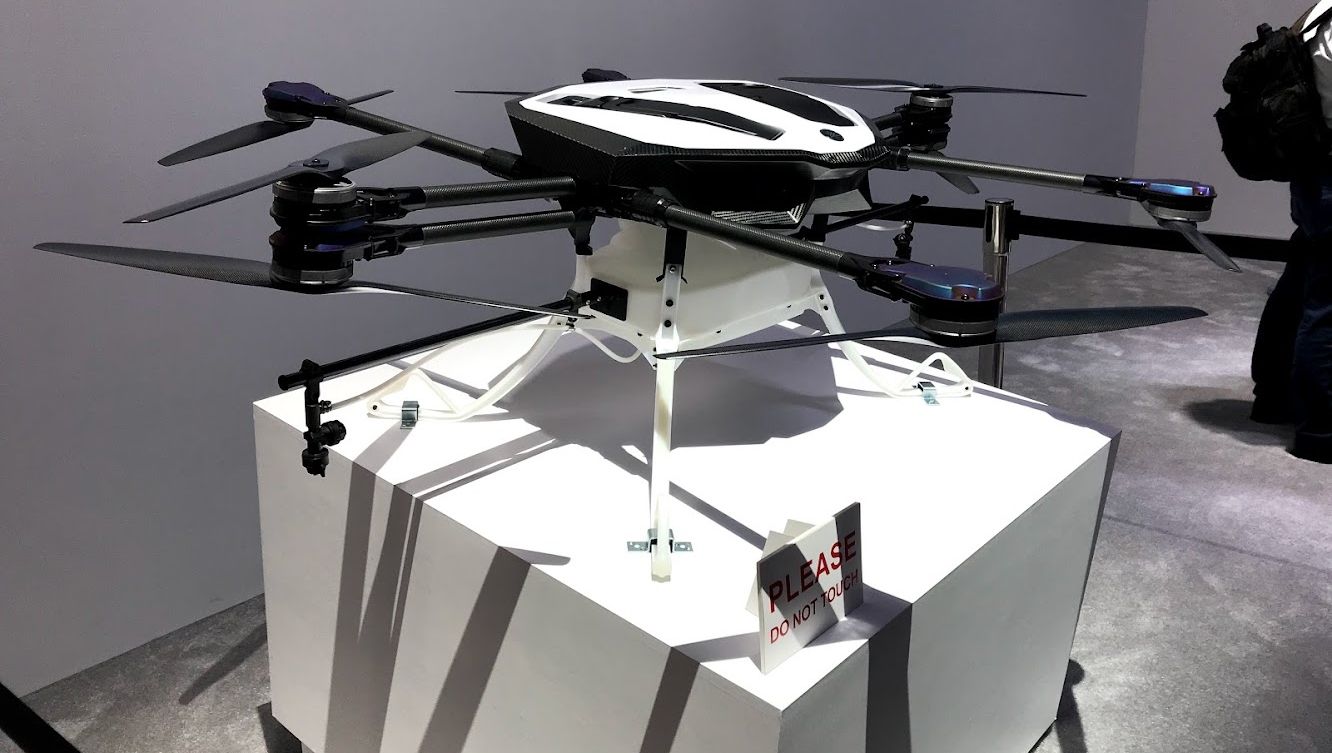The cannabis industry has always been quick to embrace innovation, from cultivation technology to retail experiences. Now, the question many are asking is whether drone delivery could be the next frontier in getting cannabis to customers. With e-commerce growing in cannabis markets across the U.S. and abroad, drone delivery offers both opportunities and challenges that may shape the future of how consumers receive their orders.
The Promise of Speed and Convenience
Drone delivery is built on one core advantage: speed. In industries where timing matters—think food delivery and urgent medical supplies—drones are already showing their potential. For cannabis shoppers, the idea of receiving flower, edibles, or vape cartridges within 20 minutes of placing an order sounds like the ultimate convenience.
Drones also bypass traditional roadblocks. Instead of waiting in traffic or relying on a driver’s schedule, cannabis orders could be flown directly to a customer’s backyard, balcony, or designated drop zone. This system could streamline operations for dispensaries, allowing them to fulfill more orders without adding more drivers to their payroll.
Regulatory and Legal Barriers
However, drone cannabis delivery faces significant regulatory hurdles. The Federal Aviation Administration (FAA) in the U.S. tightly regulates drone flight, particularly in urban areas. Cannabis adds another layer of complexity: it remains federally illegal, and state-by-state regulations govern how it can be transported and delivered.
In many markets, cannabis delivery is restricted to licensed drivers who verify IDs upon handoff. Replicating that verification process with drones is not yet straightforward. Ensuring age compliance, preventing theft, and protecting consumer privacy are all issues regulators would need to address before widespread drone use could happen.
Technology and Safety Considerations
Beyond regulation, safety and reliability are concerns. Drones need to handle different weather conditions, avoid obstacles, and ensure packages are delivered securely. Imagine a drone carrying a bag of edibles in a thunderstorm or a curious neighbor attempting to intercept a delivery. Until technology catches up with these challenges, drone cannabis delivery will remain experimental in most places.
That said, companies are testing hybrid solutions. Some drone systems are designed to drop packages at secure lockboxes that can be accessed only by the verified customer. Others propose integrating blockchain or biometric systems for secure identity confirmation. These advances could help close the gap between regulatory needs and consumer convenience.
The Future Outlook
So, is drone delivery the future for cannabis? The answer may be “yes, but not yet.” In the near term, dispensaries and delivery services are more likely to invest in expanding vehicle-based fleets, improving logistics software, and offering scheduled or express delivery through apps. These solutions are easier to implement within the current legal framework.
But as drone technology matures and laws evolve, the cannabis industry may become one of the beneficiaries. Just as curbside pickup and cashless payment systems once seemed far off but are now common, drone delivery could eventually find its place—especially in suburban or rural markets where quick road delivery is less practical.
Final Thoughts
Drone delivery has the potential to redefine cannabis logistics, but it requires the right blend of technology, regulation, and consumer trust to become mainstream. For now, it remains more of a vision than a reality. Still, the cannabis industry thrives on innovation, and drone delivery may well be waiting in the wings for its turn to take off.

